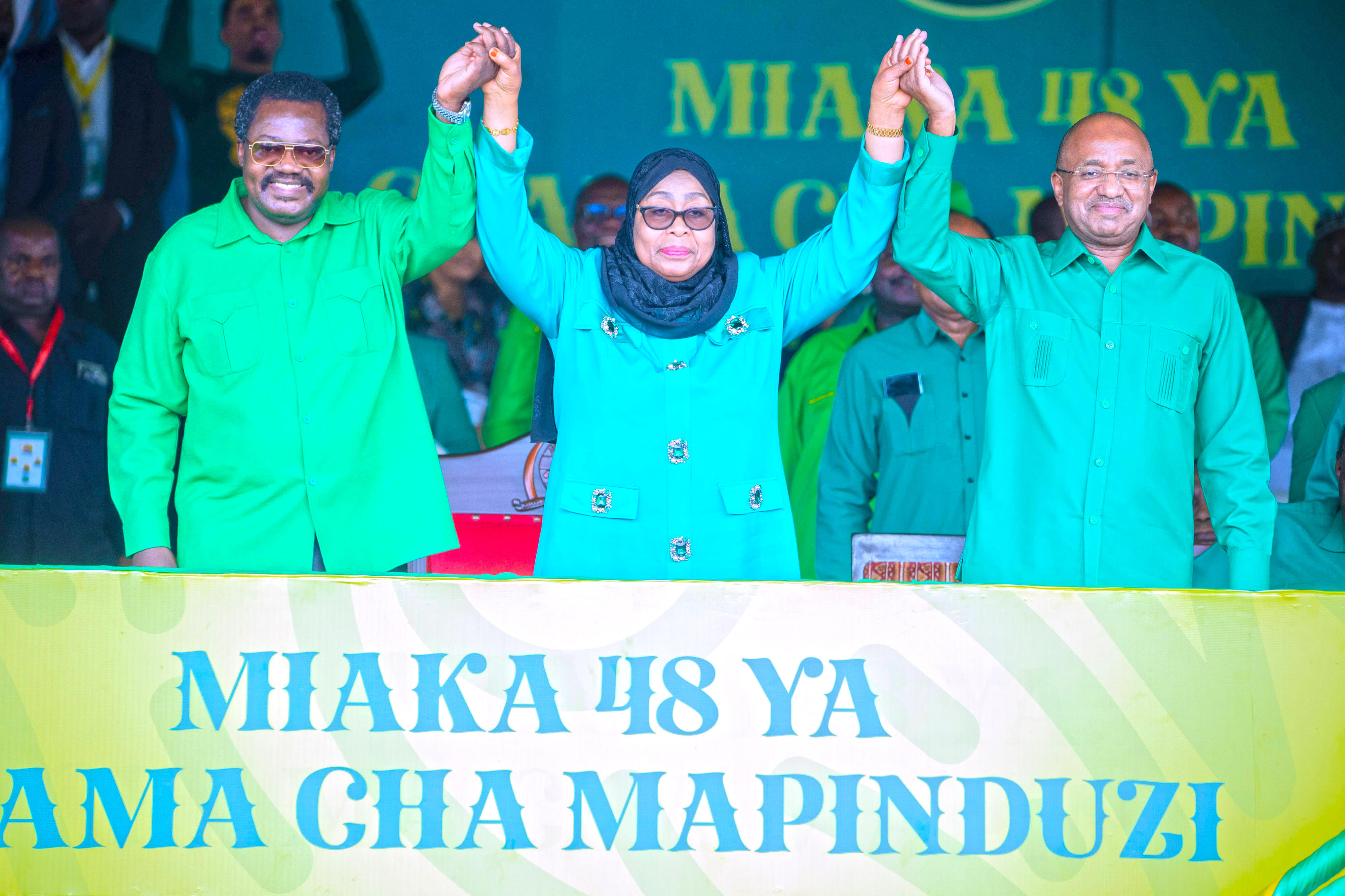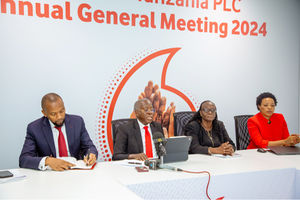Airtel Africa achieves impressive growth amid currency challenges

What you need to know:
- The company’s mobile money division also demonstrated strong momentum, with subscribers increasing by 18.3 percent to 44.3 million. Digital financial transactions saw a remarkable 33.3 percent growth in Q3 2025 alone, reflecting the rising adoption of mobile financial services.
Dar es Salaam. Airtel Africa Plc has showcased impressive resilience in its financial results for the nine-month period ending December 31, 2024, delivering substantial growth despite facing significant currency devaluations in key markets such as Nigeria, Malawi, and Zambia.
The company recorded a 20.4 percent revenue increase in constant currency, reaching $3.64 billion, underscoring the effectiveness of its strategic investments and operational efficiencies.
Airtel Africa’s customer base continued its upward trajectory, expanding by 7.9 percent to 163.1 million subscribers. Growth was particularly pronounced in the data segment, with data customers increasing by 13.8 percent to 71.4 million. Additionally, data usage per customer surged by 32.3 percent to an average of 6.9GB per month, driven by increased smartphone adoption, which now stands at 44.2 percent
"Our focused strategy on enhancing customer experience across all touchpoints has led to both operational and financial improvements this quarter," remarked Airtel Africa’s CEO, Sunil Taldar.
The company’s mobile money division also demonstrated strong momentum, with subscribers increasing by 18.3 percent to 44.3 million. Digital financial transactions saw a remarkable 33.3 percent growth in Q3 2025 alone, reflecting the rising adoption of mobile financial services.
Highlighting the company’s commitment to digital expansion, Taldar added, "The 49% year-on-year surge in data traffic across our markets underscores our strategic investments and our unwavering focus on delivering value to all stakeholders."
Despite these strong performance indicators, Airtel Africa faced foreign exchange challenges, leading to a 5.8 percent decline in reported currency revenue. The steep depreciation of the Nigerian naira—from NGN/USD 677 to 1,532—significantly impacted financial reporting. Nonetheless, voice revenue increased by 9.8 percent while data and mobile money revenue grew by 29.5 percent and 29.6 percent respectively, in constant currency.
Airtel Africa’s financial performance reflects the complexities of the macroeconomic landscape. Earnings before interest, taxes, depreciation and amortization (EBITDA) reached $1.68 billion, representing a 15.3 percent growth in constant currency, though it declined by 11.9% in reported currency. Rising fuel costs, particularly in Nigeria where prices surged by 60 percent, pressured margins, which fell from 49.4 percent to 46.2 percent However, cost-efficiency measures helped recover some ground, lifting margins to 46.9 percent by Q3 2025.
Profit after tax stood at $248 million, impacted by $57 million in derivative and forex losses. A $94 million exceptional gain in Q3 2025—driven by the appreciation of the naira and Tanzanian shilling—helped offset some of these pressures. Basic earnings per share (EPS) improved to 4.4 cents, rebounding from a previous negative 1.6 cents.
The company has also made significant strides in reducing its foreign currency debt exposure, repaying $739 million over the past year. Currently, 92 percent of its operating company (OpCo) debt—excluding lease liabilities—is in local currency, an improvement from 79 percent a year ago.
"Our capital structure remains strong, with only 8 percent of OpCo debt in foreign currency, marking a significant improvement from last year," Taldar stated.
Further demonstrating confidence in its growth trajectory, Airtel Africa has launched a second $100 million share buyback program.
Capital expenditure for the period amounted to $456 million, reflecting a 7.8 percent year-on-year reduction. However, the company remains committed to expansion, with full-year capex guidance set between $725 million and $750 million. Key investment areas include a 20.8 percent increase in data capacity, the addition of 2,850 new network sites, and 2,600 km of fiber infrastructure.
Nigeria continues to be a crucial market for Airtel Africa. The recent approval by the Nigerian Communications Commission (NCC) for case-by-case tariff adjustments of up to 50 percent provides greater regulatory stability. Additionally, the extension of tower lease agreements with American Tower Corporation (ATC) for 7,100 sites across Nigeria, Uganda, Kenya, and Niger further supports the company’s long-term infrastructure strategy.
Despite external challenges, Airtel Africa remains focused on customer growth, digital transformation, and financial inclusion. While currency fluctuations present ongoing risks, the company’s cost optimization efforts, strategic investments, and regulatory engagement position it for sustained growth.
"While challenges persist, these developments provide a solid foundation for long-term growth and improved market conditions," Taldar concluded.
Looking ahead, signs of currency stabilization and regulatory support in key markets offer an optimistic outlook for Airtel Africa. With continued investment in innovation, infrastructure, and customer service, the company is well-positioned to capitalize on emerging opportunities in the telecom and fintech sectors.





